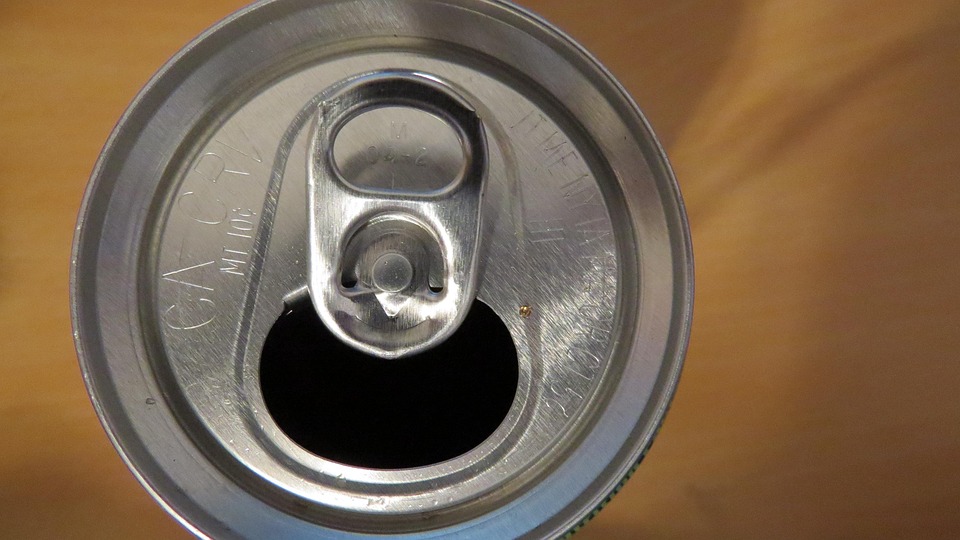Can I Use Regular Gas In My Mercedes C300

The Mercedes-Benz C300: a name synonymous with luxury, performance, and a certain air of sophistication. But beneath that gleaming three-pointed star lies a question that plagues many C300 owners, especially those new to the brand: Can I use regular gas in my C300, or am I forever chained to the premium pump? Let's dive deep into the fuel requirements of this popular sedan and explore the potential consequences of making the 'wrong' choice.
Understanding the C300 Engine Landscape
The answer, as with most automotive queries, isn't a simple yes or no. It hinges primarily on the specific engine under your C300's hood. While the C300 badge has represented various powertrains over the years, we'll focus on the modern iterations most commonly found on the road today:
- M264 2.0L Turbocharged Inline-4: This is the engine you'll find in the vast majority of recent C300 models (specifically, the W205 generation facelift and the newer W206 generation).
Let's break down the official recommendations and then look at some real-world experiences.
Official Recommendations: What Does Mercedes-Benz Say?
Mercedes-Benz strongly recommends premium fuel (91 octane or higher) for the C300 equipped with the M264 engine. This recommendation is based on the engine's design, which is optimized for higher-octane fuel. However, the owner's manual usually contains a small caveat allowing for the use of regular unleaded (87 octane) in emergencies, but with reduced performance and potential for engine knocking.
The Tech Behind the Recommendation: Why Premium?
Modern turbocharged engines like the M264 utilize advanced technologies such as direct injection, variable valve timing, and sophisticated engine management systems. These technologies are designed to maximize power and efficiency. Higher-octane fuel is more resistant to pre-ignition (knocking), especially under high compression ratios and turbocharger boost. Using lower-octane fuel can trigger the engine's knock sensors, which then retard the ignition timing to protect the engine. This results in:
- Reduced Power Output: You'll notice a decrease in acceleration and overall responsiveness.
- Decreased Fuel Economy: The engine is working harder to compensate for the lower-octane fuel.
- Potential Engine Damage (Long-Term): While modern knock sensors are effective, prolonged use of regular gas can contribute to increased engine wear and potentially damage components over many years.
Regular Gas in a C300: Real-World Driving Impressions
Okay, let's get real. Plenty of C300 owners have experimented with regular gas. Here's a summary of what they report:
- Noticeable Performance Drop: Most drivers report a perceptible difference in acceleration and responsiveness, especially when merging onto highways or climbing hills.
- Slightly Worse Fuel Economy: The fuel economy decrease is usually minimal, often within the margin of error for normal driving variations.
- Occasional Knocking/Pinging: Some drivers report hearing occasional knocking or pinging sounds, especially under heavy acceleration. This is the engine's knock sensors working overtime.
C300 Fuel Comparison: Premium vs. Regular
| Feature | Premium Fuel (91 Octane+) | Regular Fuel (87 Octane) |
|---|---|---|
| Performance | Optimal power and acceleration | Reduced power and acceleration |
| Fuel Economy | Optimal fuel efficiency | Slightly reduced fuel efficiency |
| Engine Knocking | Minimal to none | Potential for knocking/pinging |
| Engine Longevity | Maximizes engine life | Potential for accelerated wear (long-term) |
| Cost | Higher fuel cost | Lower fuel cost |
Pros and Cons: The Bottom Line
Here's a quick recap of the pros and cons of using regular gas in your C300:
Pros:
- Cost Savings: Regular gas is cheaper than premium.
Cons:
- Reduced Performance: Noticeable decrease in power and acceleration.
- Potential Engine Knocking: Risk of engine damage over the long term.
- Slightly Worse Fuel Economy: Negates some of the cost savings.
The Verdict: Is It Worth It?
While technically you *can* use regular gas in your C300, it's generally not recommended for regular use. The reduced performance and potential long-term engine consequences outweigh the minor cost savings for most C300 owners. Think of it this way: you invested in a luxury performance vehicle, so why compromise its performance and potentially jeopardize its longevity to save a few dollars at the pump? Reserve regular gas for true emergencies and stick with premium for optimal performance and peace of mind.
Think about the long run, and the resale value. A maintained vehicle with premium gasoline will always win out over a potential repair bill.
The price difference between regular and premium fuel is not so great as to consider destroying an expensive engine.
Fuel For Thought: Let The Debate Begin!
So, what's your take? Have you been running regular gas in your C300 for years without issue? Do you think the performance difference is negligible? Or are you a staunch advocate for premium-only, no exceptions? Let's hear your thoughts in the comments below! Is it penny-wise and pound-foolish to save a few dollars only to hurt your Mercedes in the long run? And how does your driving style (city vs. highway) affect your decision? This is one debate that's sure to spark some heated discussion!
